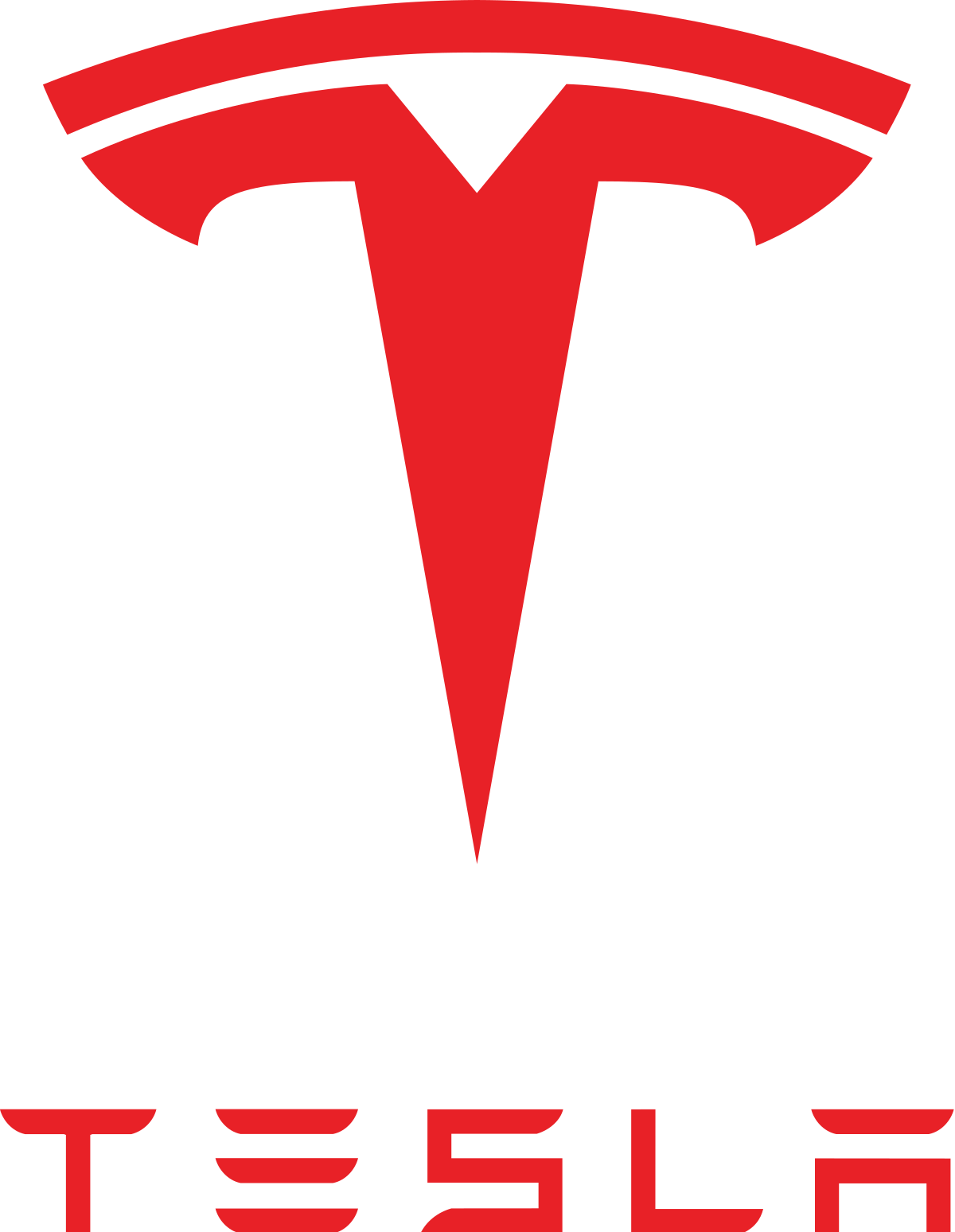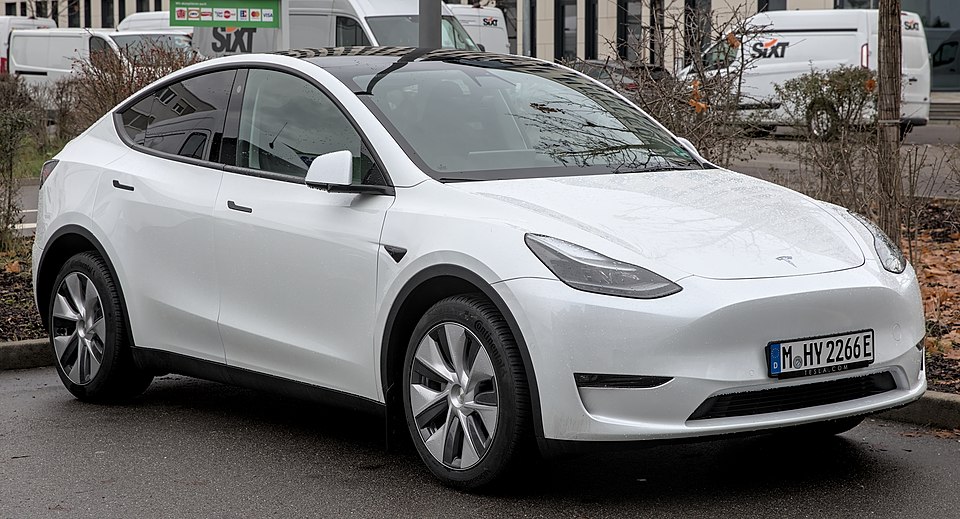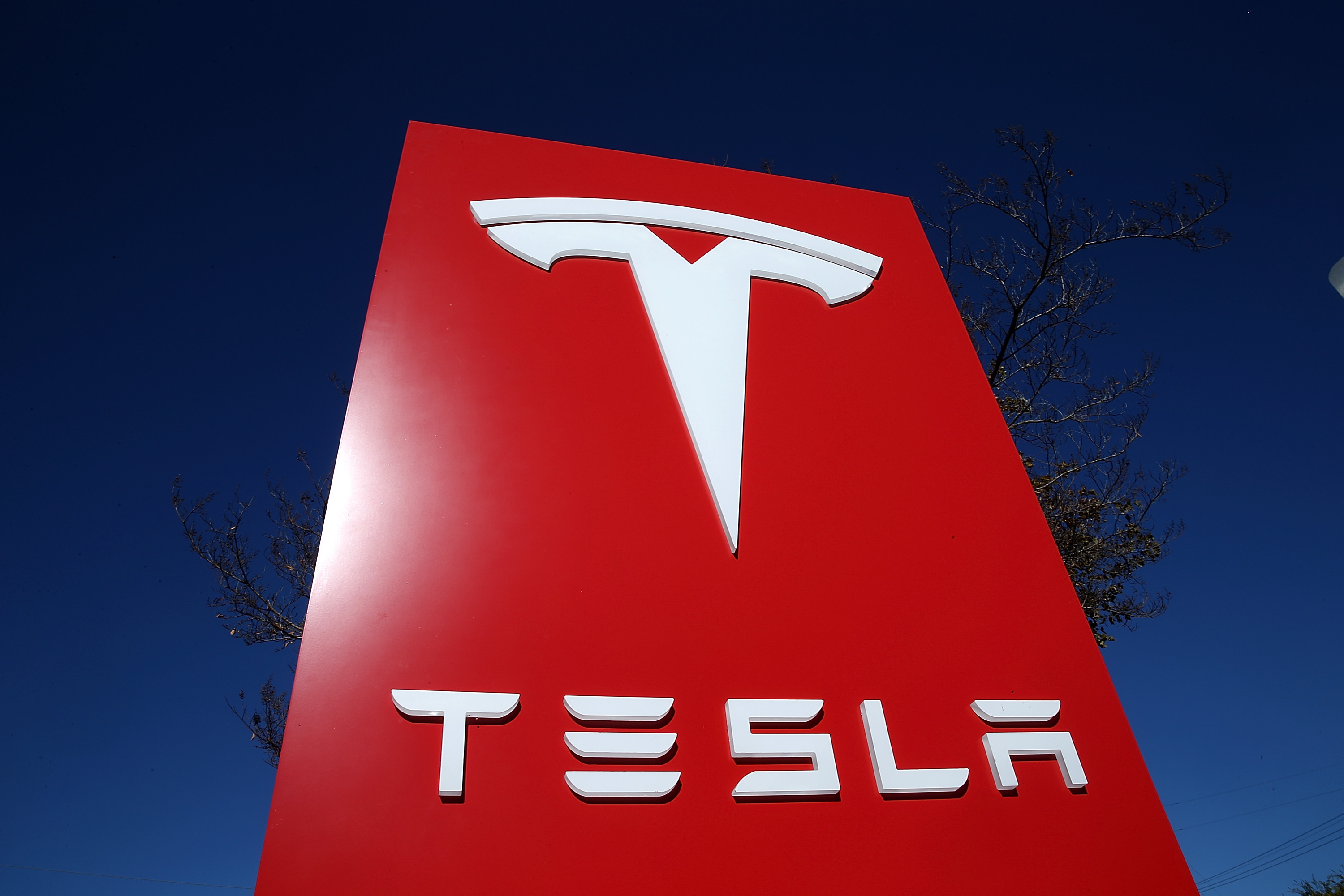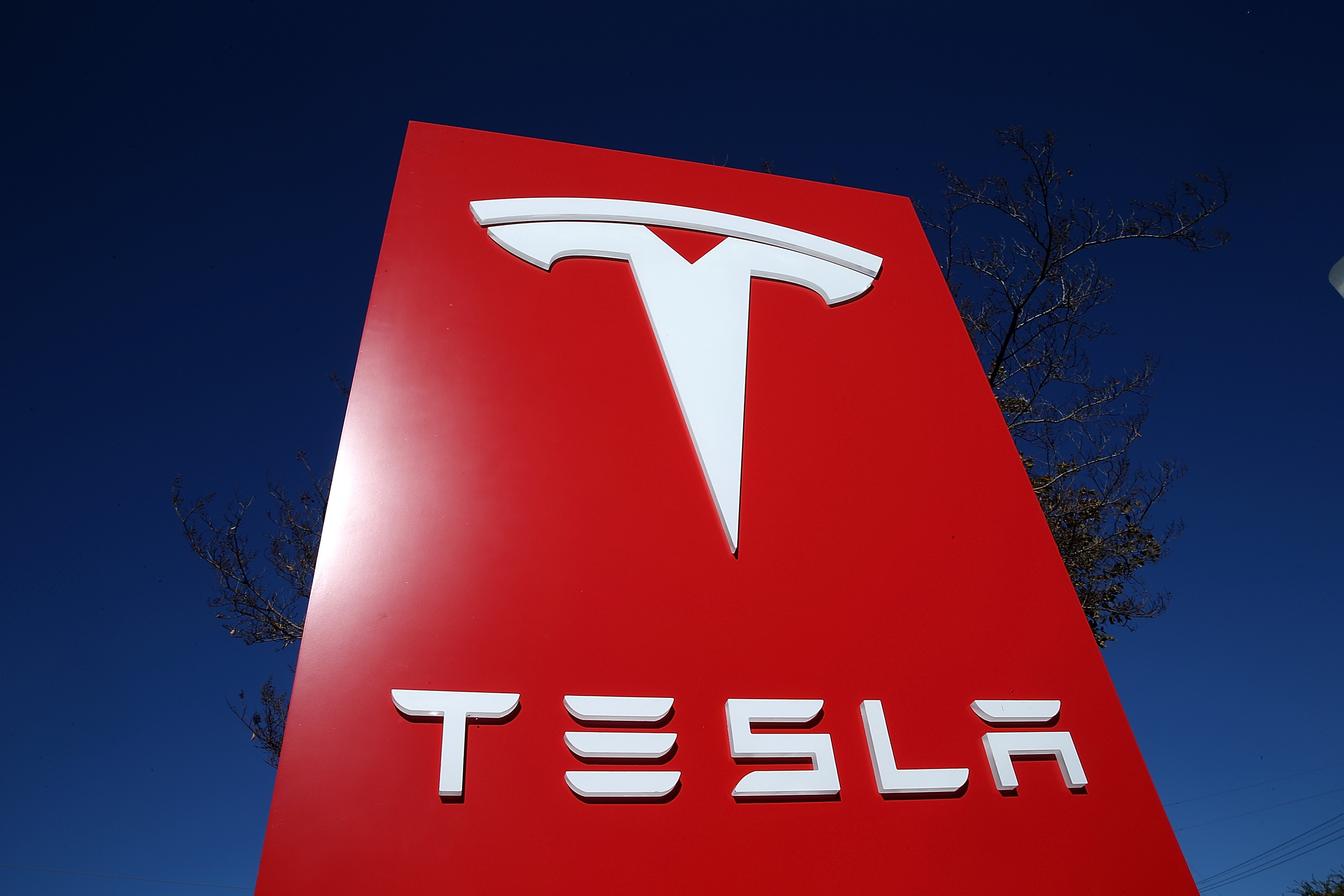RBC Capital Updates Tesla's Rating to "Mixed"

On February 8, 2025, RBC Capital updated its grade for Tesla (NASDAQ: TSLA) to "Mixed," maintaining a "hold" action. At the time of this announcement, Tesla's stock price was $357.36. Tesla, a leading electric vehicle manufacturer, has been a focal point in the automotive industry, known for its innovative technology and ambitious growth plans. Despite its prominence, Tesla faces competition from other automakers venturing into the electric vehicle market.
Cathie Wood, the portfolio manager of Ark Investment Management, has recently adjusted her investment strategy, reducing her interest in Tesla. Ark Invest's 13F holdings report for the fourth quarter shows net assets of $12 billion across 183 stocks, with technology stocks making up about half of these assets. Despite challenges, Wood's ARK Innovation ETF has risen 12.5% through February 5, 2025, as highlighted by the report.
Tesla's stock has struggled to regain the $400 mark, with a recent decline of over 3% as of January 7, 2025. Year-to-date, the stock has decreased by 4.6%. Gordon Johnson, CEO of GLJ Research, has expressed concerns about Tesla's future, citing declining sales in key markets and an unsustainable valuation. He suggests that Tesla's stock might have already declined if Kamala Harris had won the 2024 election, as noted in his February 7 post.
The involvement of Elon Musk's Department of Government Efficiency (DOGE) with the Trump administration has also impacted Tesla's stock performance. Cathie Wood discussed Musk's management of his responsibilities and federal government engagement in a YouTube discussion with Julie Hyman and Josh Lipton. This involvement has contributed to the stock's recent decline.
Tesla's current trading price of $357.36 reflects a decrease of 4.53%, with a price drop of $16.96. The stock has seen a low of $357.32 and a high of $380.55 in today's trading. Over the past year, Tesla's stock has reached a high of $488.54 and a low of $138.80. The company's market capitalization is approximately $1.15 trillion, with a trading volume of 67.75 million shares.
| Symbol | Price | %chg |
|---|---|---|
| 005380.KS | 220000 | 0 |
| 005389.KS | 166200 | 0 |
| 005387.KS | 169100 | 0 |
| 005385.KS | 166700 | 0 |

Goldman Sachs Updates Tesla (NASDAQ:TSLA) Rating to "Neutral"
- Goldman Sachs maintains a "hold" action on Tesla (NASDAQ:TSLA), with a price target increase from $300 to $395, reflecting confidence in Tesla's long-term growth potential.
- CEO Elon Musk's recent $1 billion stock purchase underscores his belief in Tesla's future, potentially mitigating downside risk.
- Tesla's ventures into full self-driving technology, robotaxis, and the Optimus robotics segment are poised to drive transformative growth, with a base-case estimate projecting Tesla's stock price to reach $530 by December 2026.
On September 18, 2025, Goldman Sachs updated its rating for Tesla (NASDAQ:TSLA) to a "Neutral" grade, maintaining a "hold" action. At the time, Tesla's stock price was $422.41. Goldman Sachs had previously raised Tesla's price target to $395 from $300. Tesla, Inc. is a leading company in the autonomous robotics sector, known for its innovative approach to electric vehicles and technology.
Tesla's stock is experiencing a rally, driven by insider buying activity from CEO Elon Musk. Despite a current stock price of $416.85, which reflects a decrease of 2.12% or $9.01, the stock is aligning with its long-term potential. Musk's recent $1 billion stock purchase indicates his strong conviction in the company's future, potentially limiting downside risk.
Goldman Sachs analyst Mark Delaney notes that Tesla's new compensation package for Musk could enhance investor sentiment. This, combined with Tesla's ventures into full self-driving (FSD) technology, robotaxis, and the Optimus robotics segment, positions the company for transformative growth. These initiatives could lead to market capitalizations in the multi-trillion dollar range.
Tesla's stock has fluctuated today between a low of $416.56 and a high of $432.22, with a trading volume of 87.2 million shares. Over the past year, the stock reached a high of $488.54 and a low of $212.11. The company's market capitalization is approximately $1.34 trillion, reflecting its status as a premium asset in the market.
A base-case estimate projects Tesla's stock price to reach $530 by December 2026, supported by a forward price-to-sales ratio of 12 and anticipated revenue of $150 billion in Fiscal 2027. Tesla's transformative growth potential in artificial intelligence and robotics is a key driver for its future value, as highlighted by the company's recent upgrades to a "Strong Buy" rating.

Tesla (NASDAQ:TSLA) Maintains "Market Perform" Rating Amidst CEO Compensation Plan News
- William Blair maintains a "Market Perform" rating for Tesla (NASDAQ:TSLA), with the stock price around $347.13.
- Tesla's stock experiences an upward trend, trading at $354, following the announcement of a groundbreaking pay package for CEO Elon Musk.
- The compensation plan could potentially value at $1 trillion, aiming to retain Musk and achieve significant company milestones.
On September 5, 2025, William Blair maintained its "Market Perform" rating for Tesla (NASDAQ:TSLA), advising investors to hold the stock. At the time, Tesla's stock price was around $347.13. This rating comes amidst significant developments for Tesla, including a proposed compensation plan for CEO Elon Musk that has captured investor attention.
Tesla's stock is currently experiencing an upward trend, trading at $354, a 4.5% increase for the day. This surge follows the announcement of a groundbreaking pay package for Musk, potentially valued at $1 trillion. The proposal aims to retain Musk as CEO for the next decade, with performance targets that include expanding Tesla's robotaxi business and increasing the company's market value to $8.5 trillion.
The compensation plan, detailed in Tesla's proxy filing, is structured around 12 tranches of stock awards. Musk will only receive these awards if Tesla achieves extraordinary milestones over the next decade. These targets include significant improvements in profitability, vehicle production, and the development of new business lines in artificial intelligence and robotics.
If successful, the plan would grant Musk over 423 million additional shares, increasing his ownership from about 13% to nearly 29%. This would significantly enhance his voting power. Notably, Musk will not receive any salary or cash bonuses; his entire compensation will be equity-based, as highlighted by Wedbush analysts.
Tesla's stock has fluctuated between a low of $344.68 and a high of $355.87 during the day. Over the past year, it has reached a high of $488.54 and a low of $210.51. The company's market capitalization stands at approximately $1.12 trillion, with a trading volume of 63,078,710 shares.

Tesla Inc. (NASDAQ:TSLA) Faces Legal Challenges Amid Market Fluctuations
- Goldman Sachs updated its rating for Tesla Inc. (NASDAQ:TSLA) to Neutral amidst a class action lawsuit.
- The lawsuit seeks damages for violations of federal securities laws, affecting investors who acquired Tesla securities between April 19, 2023, and June 22, 2025.
- Tesla's stock experienced a decrease of approximately 1.50%, with significant trading volume indicating ongoing investor interest despite legal and market challenges.
Tesla Inc. (NASDAQ:TSLA), a leader in the electric vehicle industry, has recently been the subject of a class action lawsuit filed by Pomerantz LLP. The lawsuit alleges violations of federal securities laws, specifically targeting the period between April 19, 2023, and June 22, 2025. This legal challenge comes at a time when Tesla's stock has seen notable fluctuations, with a recent decrease of approximately 1.50%, shedding $5.02 from its value.
Despite these challenges, Tesla's market capitalization remains strong at approximately $1.07 trillion. The lawsuit aims to pursue remedies under Sections 10(b) and 20(a) of the Securities Exchange Act of 1934, as well as Rule 10b-5, with a deadline for investors to request the Court to appoint them as Lead Plaintiff set for October 4, 2025. Amidst this backdrop, Tesla continues to attract significant investor interest, as evidenced by today's trading volume of 72.95 million shares. The company's strategic initiatives, including the introduction of $33/hour robotaxi jobs, continue to make headlines and may influence investor sentiment and stock performance in the coming months.

RBC Capital Maintains Overweight Rating on Tesla (NASDAQ:TSLA) Amid Expanding Ventures
- RBC Capital updates its rating for Tesla (NASDAQ:TSLA) to "Overweight" with a new price target of $325, highlighting the potential of non-automotive segments.
- Tesla's robotaxi service launch in Texas exceeds expectations, with plans for significant expansion, marking it as a key future growth catalyst.
- The company's full self-driving (FSD) technology is also seen as a significant driver for Tesla's future growth, alongside its humanoid robots project.
On July 29, 2025, RBC Capital updated its rating for Tesla (NASDAQ:TSLA) to "Overweight," maintaining its previous grade. At the time, Tesla's stock price was $321.46. The action associated with this update is "hold." According to Benzinga, an analyst suggests that Tesla's valuation could significantly surpass current levels, driven by two key segments that are not related to cars. Tesla Inc. is drawing significant attention from investors and analysts due to its ambitious ventures beyond electric vehicles, particularly in the fields of robotaxis and humanoid robots.
RBC Capital analyst Tom Narayan has maintained an Overweight rating on Tesla and has increased the price target from $319 to $325. Narayan believes that if Tesla achieves its goals, its valuation could greatly surpass current levels. Tesla's recent launch of its robotaxi service in Texas has exceeded expectations, and the company plans to expand this service to more cities, aiming to cover half of the US population by the end of the year, although this is considered an ambitious target.
The robotaxi initiative is seen as a major future catalyst for Tesla. Additionally, Tesla's full self-driving (FSD) technology is also highlighted as a significant driver for the company's future growth. Tesla Inc. is currently trading at $323.24 on the NASDAQ. The stock has experienced a decrease of 0.72%, with a price drop of $2.35. Today's trading has seen a low of $318.25 and a high of $326.25. Over the past year, the stock has reached a high of $488.54 and a low of $182. Tesla's market capitalization stands at approximately $1.04 trillion, with a trading volume of 71.59 million shares.

Tesla, Inc. (NASDAQ:TSLA): A Comprehensive Analysis
- The consensus price target for Tesla's stock has fluctuated, with a recent average target of $322.50, down from $399.29 three months ago.
- Analyst Colin Langan from Wells Fargo has set an optimistic price target of $960 for Tesla, focusing on the company's potential in robotaxis and affordable models.
- Tesla faces challenges such as competition, a shortage of new models, and geopolitical tensions affecting its energy storage business, leading to a "Hold" rating from Langan.
Tesla, Inc. (NASDAQ:TSLA) is a major player in the electric vehicle (EV) and renewable energy sectors. The company operates through two main segments: Automotive, which includes the design, manufacture, and sale of electric vehicles, and Energy Generation and Storage, focusing on solar energy products and energy storage solutions. Tesla is recognized for its direct sales model and extensive Supercharger network.
The consensus price target for Tesla's stock has seen notable changes over the past year. Last month, the average target was $322.50, reflecting analysts' expectations based on recent performance. However, three months ago, the target was higher at $399.29, indicating more optimism possibly due to anticipated product launches or favorable market trends.
Despite these fluctuations, Tesla's long-term prospects remain a point of interest. Analyst Colin Langan from Wells Fargo has set a price target of $960 for Tesla, suggesting a positive outlook for the company's future performance. This target reflects expectations for Tesla's advancements in robotaxis and more affordable models, as highlighted by recent discussions on Market Domination Overtime.
Tesla is facing challenges such as heightened competition and a shortage of new models. The company is expected to report its largest decline in quarterly revenue in over ten years. Despite these challenges, investors are keenly observing Tesla's future, particularly its AI strategy and Robotaxi initiatives, as noted by Doug Clinton from Intelligent Alpha.
Tesla's energy storage business is also under scrutiny due to geopolitical tensions and potential tariff impacts. These factors, along with domestic challenges like high interest rates, contribute to a cautious outlook. Analyst Colin Langan has downgraded Tesla to a "Hold" rating, citing recent poor performance and a risky short-term outlook.

Tesla Inc. (NASDAQ: TSLA) Analyst Ratings and Future Prospects
- Tesla Inc. (NASDAQ: TSLA) receives a price target of $355 from Cantor Fitzgerald, suggesting a potential upside.
- Deutsche Bank maintains a Buy rating with a price target of $345, highlighting optimism for Tesla's low-cost electric vehicles.
- Tesla's stock shows positive momentum ahead of its Q2 2025 earnings report, with an expected EPS of $0.40 on $22.42 billion in revenue.
Tesla Inc. (NASDAQ: TSLA), a leading electric vehicle manufacturer known for its innovative approach to sustainable energy, is under the spotlight as recent analyst ratings spark interest in its future performance. The company, led by CEO Elon Musk, is not only focused on electric cars but is also exploring new ventures like the robotaxi sector, making it a key player in the sustainable energy market.
On July 21, 2025, Andres Sheppard from Cantor Fitzgerald set a price target of $355 for Tesla, which was trading at $329.22 at the time. This target suggests a potential upside of approximately 7.83%. Meanwhile, Deutsche Bank analyst Edison Yu reaffirmed a Buy rating with a slightly lower price target of $345. Yu's optimism is driven by Tesla's upcoming low-cost electric vehicles, including the anticipated "Model Q" launch in Q4 2025.
Tesla's stock has shown positive momentum, closing the last market session at $329.65, a rise of over 3%. In pre-market trading, it continued to climb, reaching $334, a 1.41% increase. This upward trend reflects investor confidence ahead of Tesla's Q2 2025 earnings report, scheduled for July 23. Analysts expect an EPS of $0.40 on $22.42 billion in revenue, while Yu projects slightly lower revenue at $22.2 billion.
Tesla's Q2 earnings report is highly anticipated, especially given the company's tumultuous quarter. The report is expected to provide insights into Tesla's financial performance and strategic direction. The options market suggests a potential earnings move of approximately 7.4%, highlighting the significance of this release in shaping investor sentiment.
Despite being ranked as a #4 (Sell) stock by Zacks Investment Research, Tesla remains a focal point for investors. The company's market capitalization is approximately $1.06 trillion, with a trading volume of 20.91 million shares. As Tesla navigates its expansion into new ventures, its stock performance and strategic decisions will continue to be closely monitored by the market.

William Blair Downgrades Tesla, Shares Down 7%
William Blair downgraded Tesla (NASDAQ:TSLA) to Market Perform from Outperform, warning that a combination of policy changes and declining regulatory credits pose significant risks to both demand and profitability. The company’s shares fell over 7% intra-day today.
The analysts noted that while the removal of the $7,500 EV tax credit under the “Big Beautiful Bill” was anticipated and already a concern for Tesla’s demand outlook, the unexpected elimination of corporate average fuel economy (CAFE) fines creates an additional and more direct threat to Tesla’s bottom line. The firm estimates over $2 billion in annual profits tied to regulatory credit sales could now be at risk.
Unlike the tax credit, which affects consumer demand, the loss of regulatory credit revenue is expected to translate directly into lower profitability, forcing analysts across the Street to reset earnings models. William Blair believes these combined headwinds will weigh heavily on Tesla shares, prompting the downgrade to Market Perform as the stock’s risk/reward profile deteriorates.







